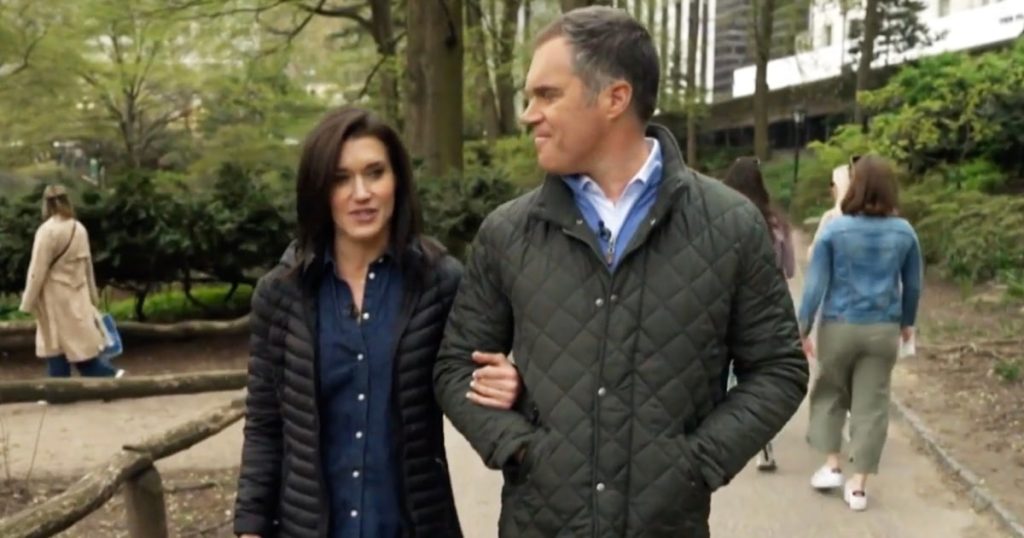Rebecca Alexander, a psychotherapist in New York City, has become a disability advocate due to her struggles with Usher syndrome, a condition causing vision and hearing loss. The support of her mother and the head of deaf and hard of hearing students in college, Joan E. Smith, empowered her to advocate for herself. This year, Alexander participated in the Usher Syndrome Society’s “Every Second Counts” campaign to raise awareness and funding for the genetic condition. The campaign highlights the importance of making the most of every moment when living with the knowledge of impending deafness and blindness.
Initially diagnosed with retinitis pigmentosa at the age of 12, Alexander struggled to understand the implications of losing her vision. Her mother encouraged her to attend conferences and learn more about vision loss, instilling in her the importance of knowledge and empowerment. Despite her challenges, Alexander enjoyed a relatively normal high school experience, getting her driver’s license and navigating her vision and hearing loss with the help of hearing aids. However, her hearing loss worsened in college, leading to an Usher syndrome diagnosis at the age of 19. She struggled to come to terms with the news but eventually embraced sign language as a way to cope and connect with others.
Usher syndrome is a rare genetic disorder affecting both hearing and vision, with three different subtypes varying in severity. Alexander has Type 3, which progresses more slowly than Types 1 and 2. There are no current treatments or cures for Usher syndrome, but researchers like Jeff Holt are investigating potential gene therapy and genetic code correction methods to restore function for patients. People with Usher syndrome often experience devastating news upon diagnosis, as they come to terms with the progressive nature of the condition.
Alexander’s resilience and determination to live life to the fullest have led her to climb Mount Kilimanjaro, run with the Olympic torch, and swim to Alcatraz. She sees these accomplishments not as overcoming her Usher syndrome, but as a way to navigate and adapt to her challenges. By focusing on what she can do, Alexander continues to learn new skills like sign language, braille, and protactile language, a form of communication based on physical contact. Her experiences have inspired her to write a memoir, teach spin classes, and work as a psychotherapist, while also participating in advocacy campaigns like “Every Second Counts.”
Participating in the “Every Second Counts” campaign has been a meaningful experience for Alexander, allowing her to serve as a role model for others living with Usher syndrome. Seeing the campaign on billboards in Times Square alongside her brother, Peter Alexander, was a touching moment for her. By sharing her story and raising awareness of Usher syndrome, Alexander hopes to inspire and empower others facing similar challenges. She continues to live each day to the fullest, focusing on what she can do rather than dwelling on what she can’t, and embracing a mindset of resilience and adaptation in the face of adversity.













